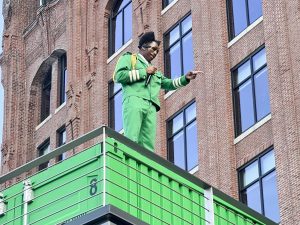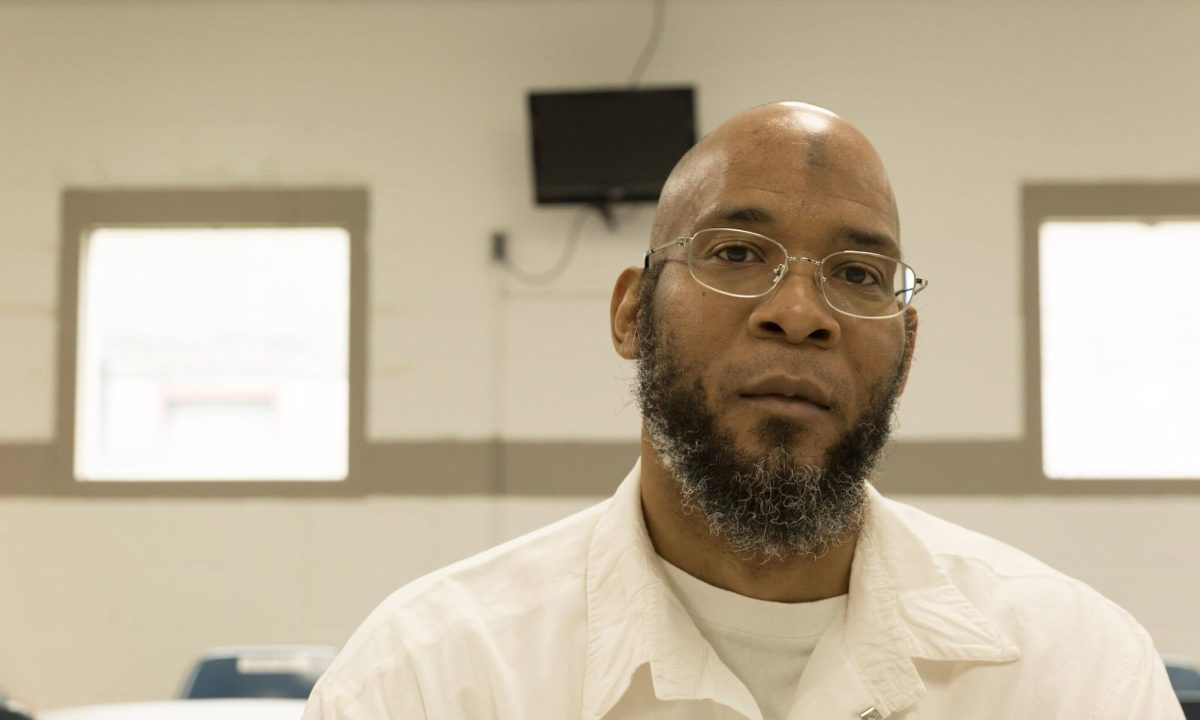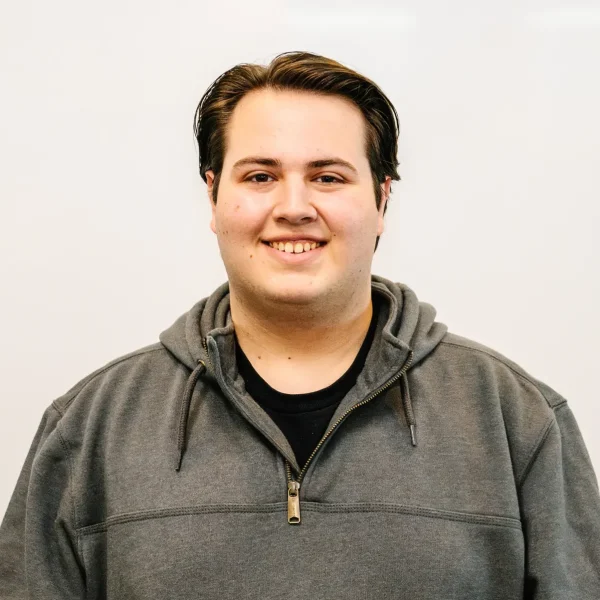The Beacon Coalition for Action will hold a vigil Tuesday at noon for Marcellus Williams, who was executed by the state of Missouri Sept. 24 despite the prosecuting attorney’s attempts to vacate the sentence.
Gibby Caicedo, an organizer of the vigil and a member of the Beacon Coalition for Action, said he wanted to create a space for people to grieve together. “I feel like — more than therapy, more than medication — community is such a powerful healing force that I wanted to allow people to experience,” he said.
The vigil will take place at Skylight Park Plaza, the area between Campus Center and Phillis Wheatley Hall. According to Caicedo, it will include speeches, poetry and prayer.
Williams was sentenced to death in June 2001 for the 1998 murder of Felicia Gayle, having been convicted of first-degree murder, robbery and burglary. In recent years, attorneys argued that the prosecution mishandled evidence and engaged in misconduct during jury selection.
He entered an agreement with the prosecutor Aug. 21 to change his plea to no contest — meaning he would not acknowledge guilt but agreed to accept punishment as if he was guilty — in exchange for life in prison with no possibility of parole. The Missouri Supreme Court blocked the deal on an appeal from the state attorney general.
Since 2015, state authorities have rescheduled the execution twice due to questions raised regarding Williams’ guilt. Most recently, former Missouri Governor Eric Greitens appointed a board of inquiry to investigate the case, stopping an Aug. 22, 2017 execution hours before it was scheduled. Governor Mike Parson dissolved the board earlier this year without publishing its findings.
Parson also rejected a clemency request Sept. 23, the day before the execution. “Mr. Williams has exhausted due process and every judicial avenue, including over 15 hearings attempting to argue his innocence and overturn his conviction. No jury nor court, including at the trial, appellate, and Supreme Court levels, have ever found merit in Mr. Williams’ innocence claims,” Parson stated in a press release. “Nothing from the real facts of this case have led me to believe in Mr. Williams’ innocence.”
The U.S. Supreme Court rejected three attempts to stop the execution Sept. 24, including one that was joined by Prosecuting Attorney Wesley Bell. In an unusual move, the three liberal justices dissented from the unsigned order. During the court’s October 2023 term, the justices denied 73 applications which had been referred to the court, only 14 of which included noted dissents. The Missouri Supreme Court rejected a final appeal the day before.
In court documents, Williams’ lawyers noted that DNA evidence on the murder weapon was mis-handled, as testing was not conducted before prosecutors handled it without wearing gloves. The Missouri Supreme Court ordered DNA testing conducted in 2015, but denied his appeal “without briefing or oral argument regarding the results,” according to Williams’ attorneys.
“Upon review of the DNA test results, three DNA experts independently reviewed the results and came to the same result: Marcellus Williams was excluded as the source of the DNA on the knife,” Williams’ lawyers wrote in a U.S. Supreme Court appeal.
During an Aug. 28 innocence hearing, one of the case’s trial prosecutors testified that a potential juror’s race was “part of the reason” he had them removed from the jury.
“I thought they looked like they were brothers,” the prosecutor said, according to Williams’ U.S. Supreme Court appeal. “I don’t mean black people. I mean, like, you know, you got the same mother, you got the same father. You know, you’re brothers, you’re both men, you’re brothers.”
Williams’ attorneys also argued that prosecutors asked potential Black jurors open-ended questions that were more likely to solicit disqualifying responses, while asking White candidates closed-ended questions.
In a 1986 case, Batson v. Kentucky, the court ruled 7-2 that removing jurors because of their race violates the equal protection clause of the 14th Amendment.
“That could have been me. That could have been my brothers. That could have been my mother. That could have been my best friend,” Caicedo said. “That literally could have been any of us, just because we’re men of color.”




